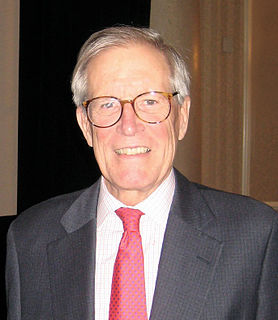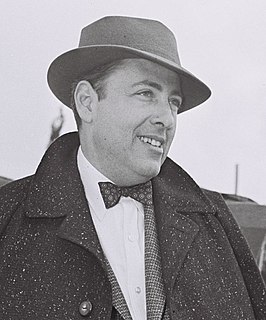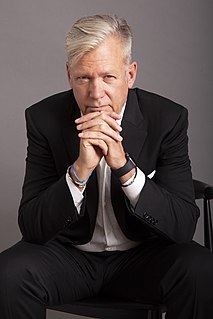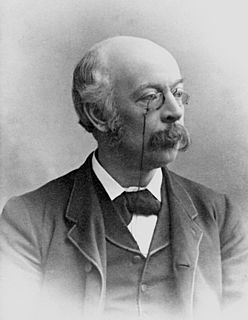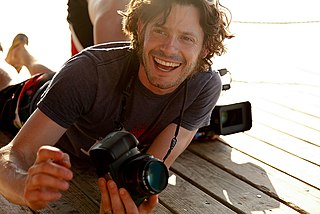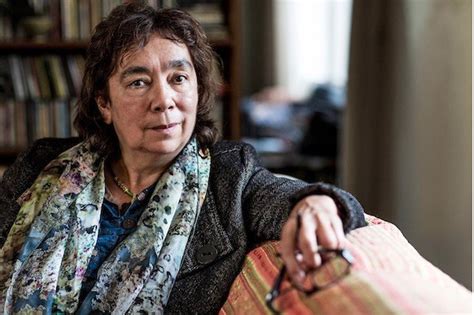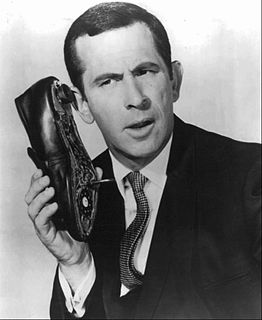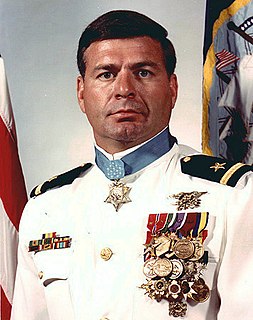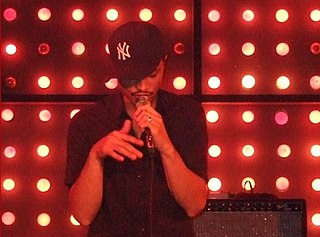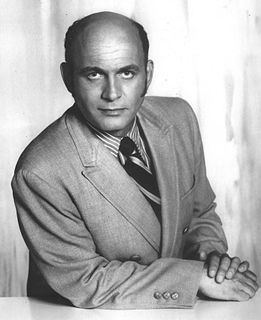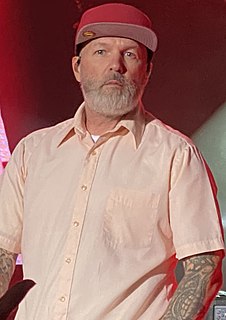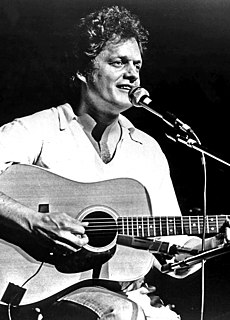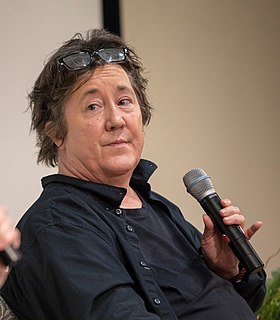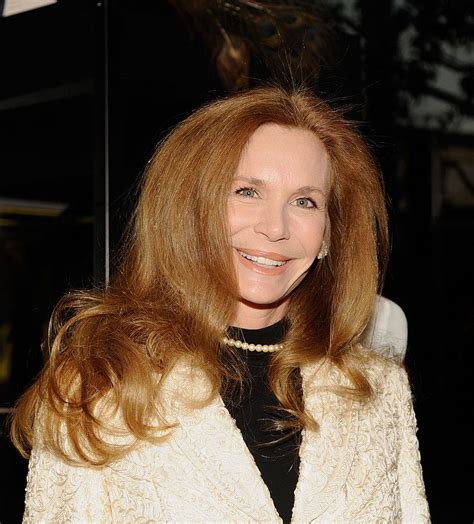Top 1200 Were Quotes & Sayings - Page 12
Explore popular Were quotes.
Last updated on November 24, 2024.
Let us fill a cup and drink to that most noble, ridiculous, laughable, sublime figure in our lives... The Young Man Who Was. Let us drink to his dreams, for they were rainbow-colored; to his appetites, for they were strong; to his blunders, for they were huge; to his pains for they were sharp; to his time for it was brief; and to his end, for it was to become one of us.
On two chairs beneath the bole of the tree and canopied by a living bough there sat, side by side, Celeborn and Galadriel... Very tall they were, and the Lady no less tall than the Lord; and they were grave and beautiful. They were clad wholly in white; and the hair of the Lady was of deep gold, and the hair of the Lord Celeborn was of silver long and bright; but no sign of age was upon them, unless it were in the depths of their eyes; for these were keen as lances in the starlight, and yet profound, the wells of deep memory.
I was the last one of nine kids - eight girls and me last - and my sisters were going out. They were teenagers. And as they were getting ready, I would sit on the bathtub and watch them put on makeup and transform themselves - you know, putting on clothes and giggling about the boys they were going to meet and everything. So for me, that was an amazing thing - the fact of transforming themselves.
There are so many issues that impact women. When we talk about prison reform, for example, women were [once] sterilized in women's prisons. When they were giving birth, they were asked to sign paperwork but they weren't even completely conscious of what they were signing. That sounds like something that would never happen in America, but it was happening, not just in America, but in [California], one of the most progressive states in the United States.
In India you don't find propaganda against Pakistan. During the war there was a little of it, naturally, but even during the war we were able to control it. In fact the Pakistanis were astonished by this. There were prisoners in the camp hospitals who exclaimed, 'What? You're a Hindu doctor and you want to cure me?'
Voice actors I used to know who were starting out in comedy were guys who did a lot of voices. They were usually comedy actors who developed their comedy by doing tons of impressions and voices that were usually very funny. And I never did any of that, so that's, I guess, why I don't consider myself a voice actor.
It didn't make you noble to step away from something that wasn't working, even if you thought you were the reason for the malfunction. Especially then. It just made you a quitter. Because if you were the problem, chances were you could also be the solution. The only way to find out was to take another shot.
Now, if the principle of toleration were once admitted into classical education - if it were admitted that the great object is to read and enjoy a language, and the stress of the teaching were placed on the few things absolutely essential to this result, if the tortoise were allowed time to creep, and the bird permitted to fly, and the fish to swim, towards the enchanted and divine sources of Helicon - all might in their own way arrive there, and rejoice in its flowers, its beauty, and its coolness.
In 1970, there were approximately 330,000 prisoners in the US. Today there are 2.3 million behind bars - more than any country in the history of the world. In 2009 alone there were 1.6 million drug-related arrests in the U.S. 1.3 million of these were for possession of drugs alone. Over half were related to marijuana. The forty-year war on drugs has cost $2.5 trillion.
The wind, as a direct motive power, is wholly inapplicable to a system of machine labour, for during a calm season the whole business of the country would be thrown out of gear. Before the era of steam-engines, windmills were tried for draining mines; but though they were powerful machines, they were very irregular, so that in a long tract of calm weather the mines were drowned, and all the workmen thrown idle.
The Gospels were not thought of as works of literature. People were not concerned with the literary reputation of Matthew or Mark, but with the substance of their records of our Lord's life. They did not have to respect their actual words, as they would if they were transcribing the works of Thucydides or Plato.









